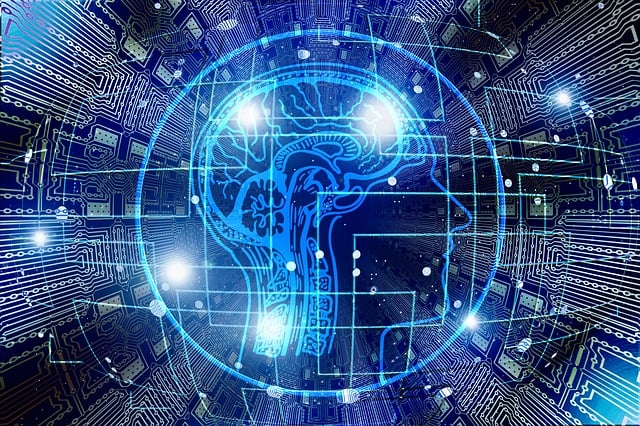A Journey through AI Evolution
The concept of artificial intelligence (AI) has long captivated the imagination of humankind, conjuring up visions of sentient machines capable of surpassing human intelligence. From the realm of science fiction to the very core of our technological advancements, AI has undergone a remarkable transformation, weaving itself into the fabric of modern society.
The Early Days: A Spark of Innovation
The seeds of AI were sown in the 1950s, when a group of visionary scientists and mathematicians gathered at the Dartmouth Summer Research Project on Artificial Intelligence. This groundbreaking event marked a turning point, igniting a wave of enthusiasm and laying the foundation for what would become one of the most transformative fields of our time.
Early AI pioneers, brimming with optimism, sought to emulate human cognition by developing symbolic logic and rule-based systems. They envisioned machines capable of reasoning, problem-solving, and even understanding human language. However, these early attempts faced significant limitations, struggling to handle the complexities of real-world scenarios and achieving practical applications.
The AI Winter: A Period of Reassessment
Despite initial excitement, the field of AI experienced a period of stagnation and disillusionment in the 1970s and 1980s, often referred to as the “AI winter.” This setback stemmed from the inherent challenges of replicating human intelligence, coupled with the limitations of early AI approaches.
Facing these obstacles, AI researchers were forced to re-evaluate their strategies and methodologies. They recognized the need for more sophisticated algorithms that could adapt to the real world and learn from vast amounts of data.

The Rise of Machine Learning: A New Dawn
The 1990s and 2000s witnessed a resurgence of AI, fueled by the development of machine learning algorithms. Machine learning, unlike earlier AI approaches, embraced the power of data and statistical techniques. By training models on vast repositories of information, machine learning algorithms could learn and adapt, mimicking the ability of humans to acquire knowledge and skills.
This breakthrough opened up a new era of AI, leading to remarkable advancements in areas such as computer vision, natural language processing, and robotics. Machine learning algorithms could now accurately recognize objects in images, translate languages with precision, and even control robots with dexterity.
The Era of Deep Learning: AI’s Triumphant March
The last decade has been a time of remarkable acceleration in AI’s development, driven by the emergence of deep learning. Deep learning, inspired by the structure and function of the human brain, utilizes artificial neural networks to learn from data in a manner that mimics human learning processes.
Deep learning has revolutionized fields like image recognition, speech recognition, and machine translation, leading to the widespread adoption of AI in various industries. Self-driving cars navigate the roads, facial recognition software identifies individuals, and virtual assistants respond to our queries with uncanny accuracy.
The Future Unveiled: AI’s Unimaginable Possibilities
As AI continues to evolve, its potential impact on society is immense. From personalized healthcare and education to autonomous vehicles and climate change mitigation, AI holds the promise of transformative advancements.
In healthcare, AI can analyze medical data to identify patterns, predict disease risks, and personalize treatment plans. In education, AI can adapt learning material to individual needs, providing targeted instruction and personalized feedback.
In transportation, autonomous vehicles can reduce accidents, improve traffic flow, and revolutionize urban mobility. In environmental protection, AI can monitor pollution levels, detect deforestation, and develop solutions to mitigate climate change.
Navigating the Ethical Landscape: A Call for Responsible Innovation
While AI holds immense promise, it also raises concerns about potential risks and ethical implications. Issues of bias, job displacement, and the misuse of AI for malicious purposes must be addressed proactively and responsibly.
AI developers and policymakers must ensure that AI systems are developed with fairness, transparency, and accountability. We must establish safeguards to protect against bias and ensure that AI is used for the benefit of society, not to perpetuate discrimination or harm individuals.
Conclusion: Embracing the Future with Open Eyes
The future of AI is filled with both excitement and uncertainty. As AI continues to evolve, it is crucial that we approach this technology with an informed and responsible attitude. We must embrace the potential of AI to improve our lives while remaining vigilant to its potential risks.
By navigating the ethical landscape with care and foresight, we can harness the power of AI to create a future that is more equitable, sustainable, and prosperous for all. AI has the potential to revolutionize our world, but it is up to us to ensure that this revolution is conducted with wisdom and compassion.
